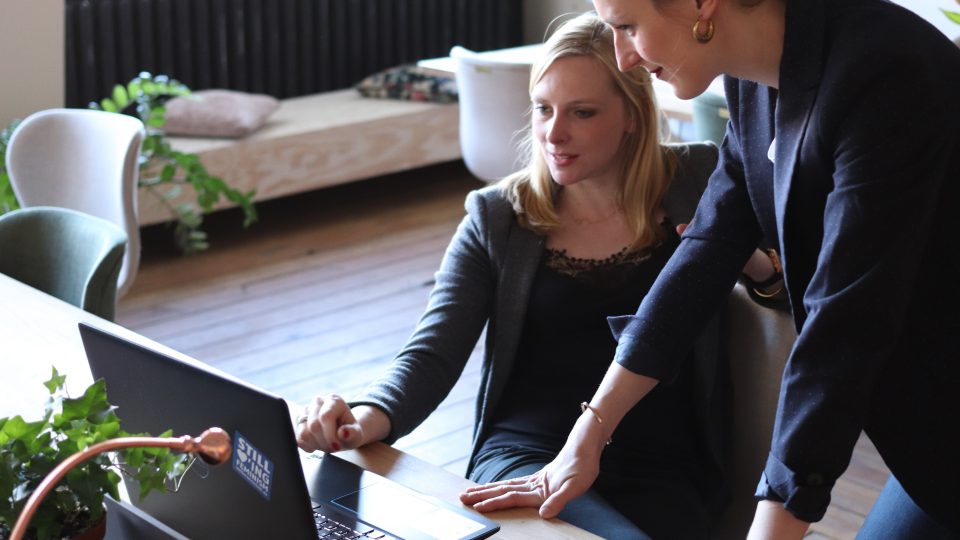
Talking Therapies
We have a highly qualified team of counsellors and Cognitive Behaviour Therapists who are experienced in meeting a range of individual needs. These can be delivered in one-to-one, group sessions or online formats.
What is CBT?
Cognitive behavioural therapies, or CBT, are a range of talking therapies based on the theory that thoughts, feelings, what we do and how our body feels are all connected. If we change one of these we can alter the others.
When people feel worried or distressed we often fall into patterns of thinking and responding which can worsen how we feel. CBT works to help us notice and change problematic thinking styles or behaviour patterns so we can feel better. CBT has lots of strategies that can help you in the here and now.
What is counselling?
Counselling is a form of self-disclosure that helps people move toward greater personal awareness and growth to establish more effective ways of coping with life.
The term can mean different things to different people, but in general, it is a process people seek when they want to change something in their lives, or simply explore their thoughts and feelings in more depth.
A counsellor is not there to sit you down and tell you what to do. Instead, they will encourage you to talk about what’s bothering you in order to uncover any root causes and identify your specific ways of thinking. The counsellor may then look to create a plan of action to either help you reconcile your issues, or help you to find ways of coping.
Find out how Talking Therapies can help you!
We can discuss how our services will help improve your workplace mental health.
What can Talking Therapies can help with:
- Depression and mood changes
- Anxiety and panic attacks
- Poor self esteem
- Relationship difficulties
- Traumatic experiences
- Self-harming behaviour
- Loss and Grief
- Anger
- Identity problems
- Addictions
- Schizophrenia and psychosis
- Bipolar disorder
- Chronic fatigue
- Chronic pain
- Physical symptoms without a medical diagnosis
- Sleep difficulties
- Anger management
Talking therapies can be used if you are on medication which has been prescribed by your GP. You can also use talking therapy on its own. This will depend on the difficulty you want help with.
How are talking therapies delivered
Usually offered in individual sessions with a therapist or as part of a group. The number of sessions you need depends on the difficulty you need help with. This will usually be between six and twenty sessions, typically of an hour long.
Your therapist can help you to notice any patterns in thinking or behaviours which might be keeping problems going and can offer information about different techniques which could help you.
You and your therapist will discuss your specific difficulties and set goals for you to achieve. Talking therapy is not a quick fix – it involves hard work during and between sessions e.g. keeping track of what you are thinking, feeling and doing, or trying out new ways of thinking or acting. Your therapist will not make decisions for you. They will help you decide what difficulties you want to work on in order to help you improve your situation.

